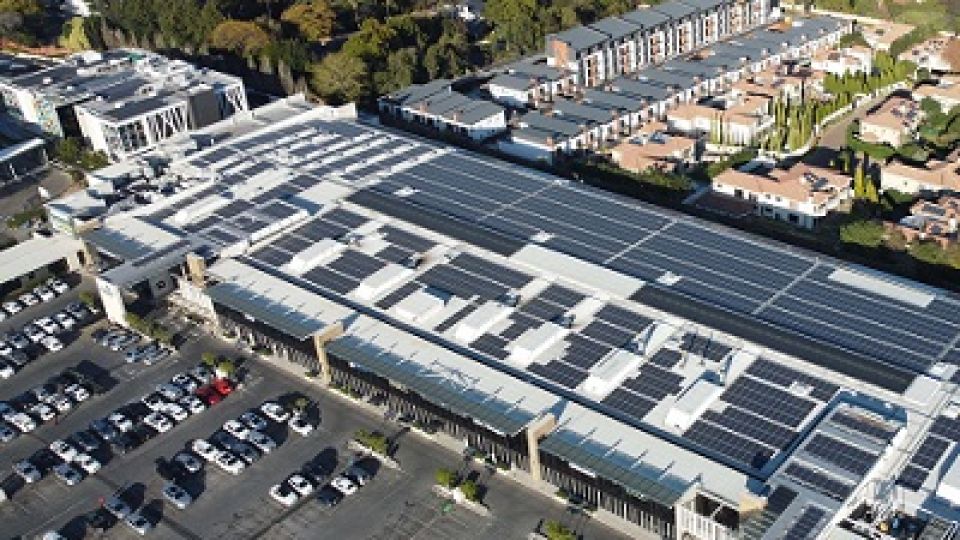by MTHULISI SIBANDA
JOHANNESBURG, (CAJ News) – A NEW financing model is anticipated to remove financial barriers preventing many from producing their own power and lighting the continent’s way to energy independence.
This is poised to enhance the reset of the entire energy sector that is currently underway as the world lessens its dependence on traditional coal-based power and shifts towards renewable energy.
“Solving our energy challenges is key to enabling the continent to reach its full potential and improving quality of life”, said David Masureik, Chief Executive Officer of New Southern Energy.
“Elsewhere in the world, the solar revolution is sweeping across entire nations with empty land and primed placed roofs being leveraged for self-generation. It’s time for Africa to enjoy the many benefits of solar energy too,” Masureik said.
New Southern Energy provides the power purchasing agreement (PPA) option to commercial and industrial (C & I) clients, subject to a feasibility study achieving certain requirements.
Under the PPA model, the development of the solar plant is financed, owned, operated and managed by a third party.
This approach enables companies to provide the space to build a plant (on a roof or land) and commit to purchasing the resulting power output, while the plant itself belongs to the PPA counter-party.
It is anticipated this way, companies can access higher volumes of solar power without the capital investment.
An additional benefit is that the operations and maintenance of the plant also rests with the investor, which provides an easy operational solution.
Various versions of this model are anticipated to enter the market as financing solar is becoming a trend.
Access to capital has been delaying the energy transition in many parts of Africa.
Africa faces highly complex energy problems with approximately 600 million people, approximately 48 percent living without electricity.
It is estimated that Africa has 60 percent of the planet’s solar radiation, but less than 1 percent of the world’s installed solar power generation capacity.
The fact that most countries in Africa are well primed to leverage solar energy with sunny climates and excellent irradiation levels provides a favourable situation.
For instance, South Africa receives an average of 2 500 hours of sunshine per year. The average solar-radiation level ranges between 4,5 and 6,5kWh/m2 per day, which is roughly 40 percent more than Central Europe.
A vibrant, entrepreneurial and competitive industry is seen emerging to unlock the potential of renewable energy.
– CAJ News

